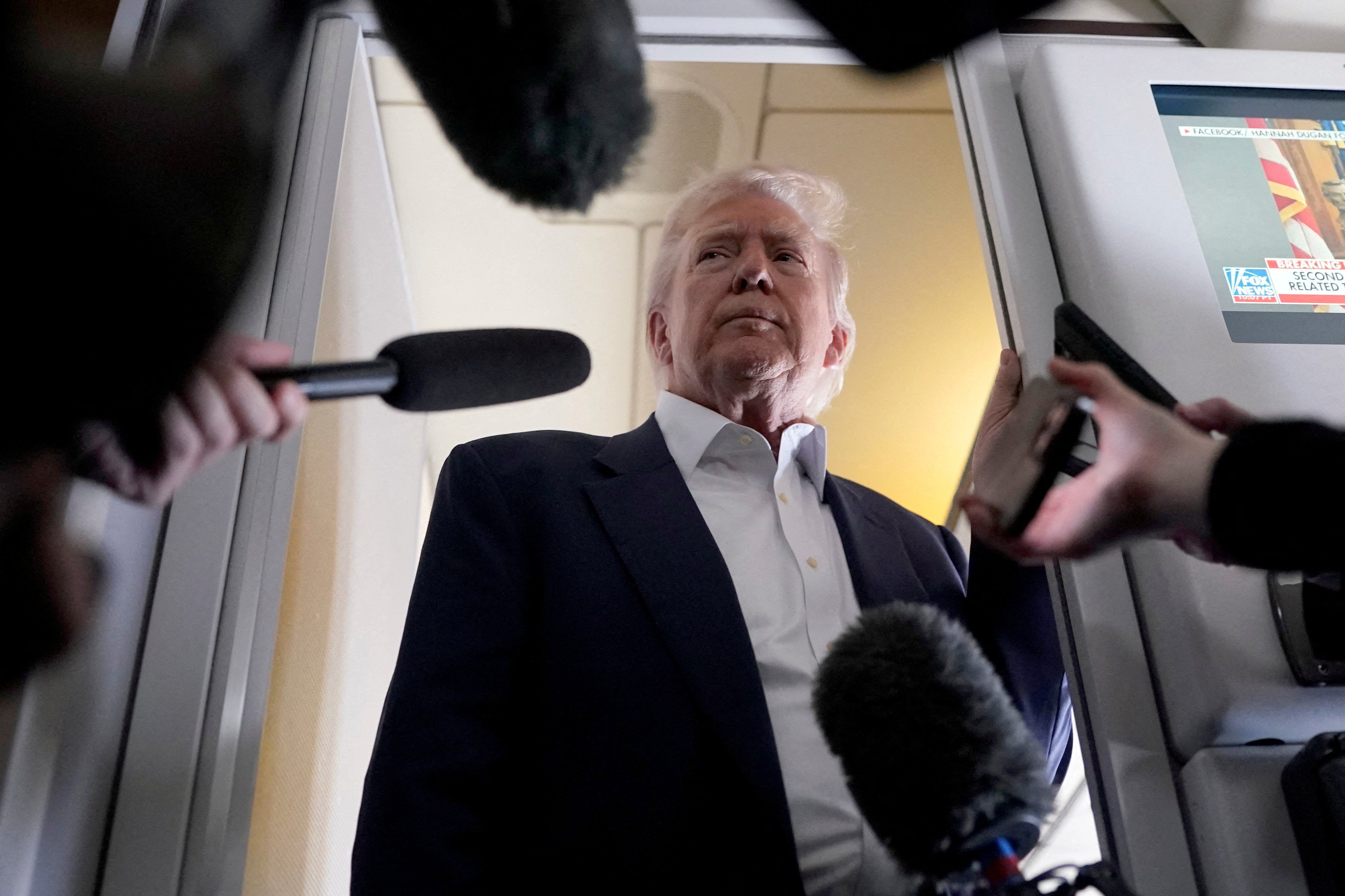President Donald Trump has purchased the debt of state and local governments that he's been vocally critical of, according to a new report from the Wall Street Journal.
The disclosure of more than 500 municipal bonds in Trump's portfolio was submitted to the Office of Government Ethics in August.
A municipal (muni) bond is a fixed-income debt security, which are issued by a state or city to finance public projects or operations. Anyone with a brokerage account can buy them. They can commonly be called “sleep-at-night money,” because they are repaid with property taxes, sales taxes and other government revenue.
The bonds' estimated value is between $100 million and $330 million. Trump isn’t required to disclose the exact value of each holding, only a range.
Some of the places he’s invested in include New York, Philadelphia and Chicago. He’s called them “in decline,” a place where “bad things happen,” and “worse than Afghanistan,” respectively.
ALSO READ: 'Retribution or bust’: 'Secretary of Retribution' joins J6 leaders to demand mass arrests
Trump’s muni portfolio spans 48 states and touches every corner of American life, helping build high schools, airports, hospitals, and libraries, according to the Journal.
However, the likelihood of Trump personally selecting each individual bond - and the city it’s connected to – is low. Analysts who reviewed his portfolio claimed, “the president appears to have a set-it-and-forget-it collection of securities, likely amassed over several years by an investment manager or a series of them.”
About a third of his holdings are in Florida or Texas. They are helping pay for school construction in Waco, Texas, the site of his first big re-election rally, and wastewater treatment in Phoenix, which hosted this month’s Border Security Expo.
In the filing, Trump also disclosed a large green energy investment in the country. The filing claims as much as $500,000 in the bonds of an Ohio plant that produces solar, wind, and hydroelectric power. He also has roughly $50,000 in “green bonds” aimed at helping finance pollution-control and drinking-water projects.
On April 27, the SEC approved the opening of the ‘Green Stock Exchange.’
These investments are a small percentage of Trump’s estimated $7.5 billion to $10 billion.
